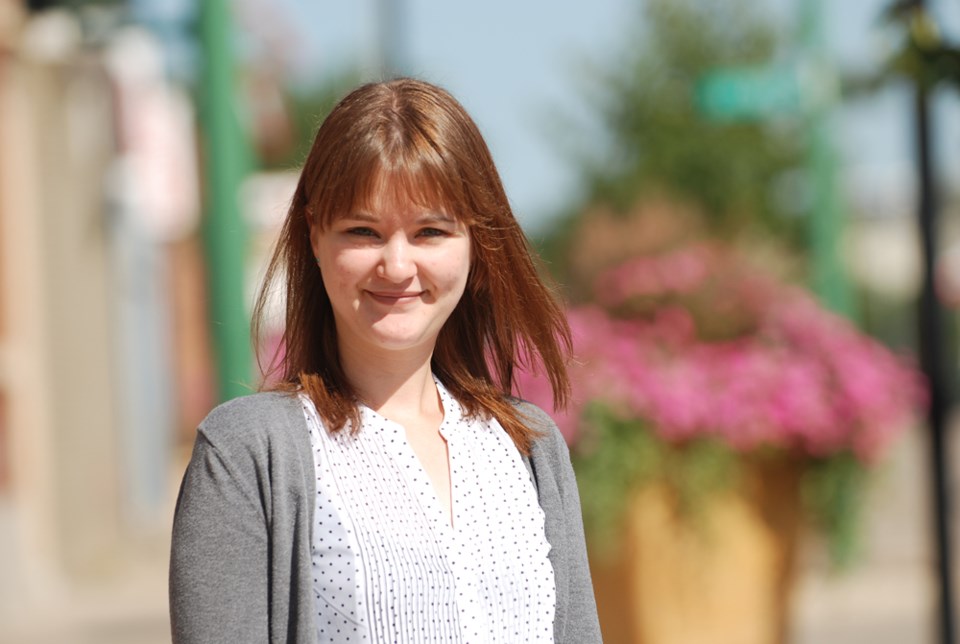The Internet almost never agrees on anything, but a new app called Peeple is pretty much universally panned.
It’s being touted as “Yelp for people.” The original concept of the app was if you had someone’s cell phone number, you could start a page for them with a review and rating.
Which is bad enough (and do we need another forum for bullying?) but if you think you can just avoid checking if you have a page, you’re out of luck. Originally, the concept was if someone made a page about you, you would get a text with the link. Bad reviews were held for 48 hours, theoretically giving you time to work things out with the person who posted about you. You also can’t opt out.
The backlash was immediate, with people bringing up the (extremely high) likelihood of bullying or self-esteem issues, with others troubled by having a page about themselves put up without their consent, while still others decrying being used for money.
Since it first went viral, the app has changed so you can opt in and negative comments cannot be posted (how they’re going to enforce that, I’m not sure).
The founders of the app, Julia Cordray and Nicole McCullogh, posted a note on their site defending themselves. In it they claimed that people didn’t understand what they were doing because they were innovators and that they just want to give people a forum to gush about their loved ones.
Obviously, this is a bad idea. Obviously it is going to be used by people spreading hate. Is it possible that two people can be this tone deaf and so unaware of what the Internet is like?
In light of recent events, it may not be. Snopes ran an article with some suspicious evidence about the two women.
For three days prior to the app suddenly going viral on Sept. 30, there was no mention of it on Google. Both women seem vague at best about technical functions of the app, and neither appears to have a background in tech – McCullogh has very little information about her online, while Cordray works as a recruiter. The two released regular YouTube videos about the app’s development, but they still didn’t release any details about technical specs.
Now, after the backlash, their Twitter and Facebook accounts are deleted, while their Instagram is set to private. This could be a result of the hate they’ve been getting (Cordray said she’s received death threats) but it is still slightly suspicious that when they’re trying to create buzz for their product, they suddenly withdraw. Cordray has also flip-flopped on the idea of the app: at the end of August, she said it would defeat the purpose to have it be a fully positive app. But after people started getting angry, she said it was always meant to be a positivity app for people to learn how much others love them.
If it’s not a hoax and the app does indeed launch in November as Cordray had been saying, I’m going to stop giving out my phone number and will try to avoid looking at the venom that will no doubt be spewed by angry idiots in reviews of private citizens. If it’s a hoax and Cordray and McCullogh are trying to promote something else in the end, I’m not sure making themselves hated was the way to go.



